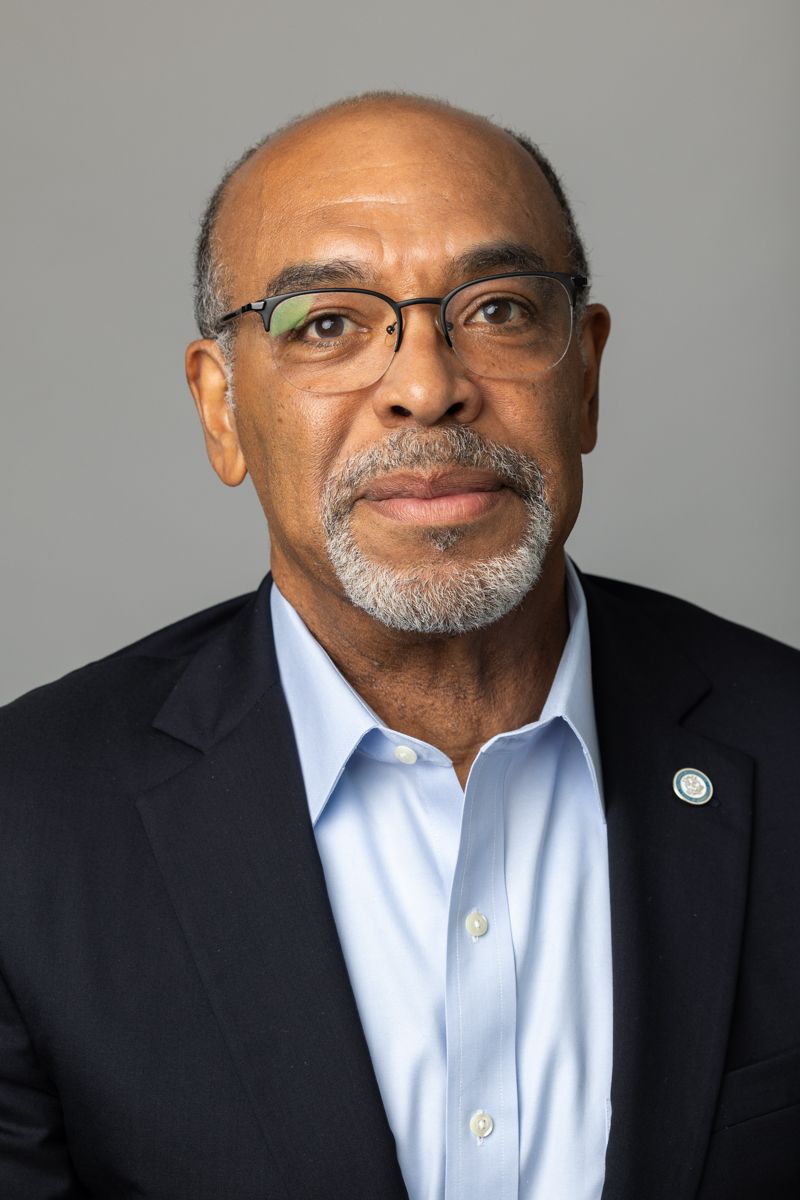Artificial Intelligence is revolutionizing the insurance industry, enhancing customer experience, streamlining operations, and improving risk management. However, with this AI revolution, ensuring compliance with regulatory standards and ethical guidelines is crucial. In this interview, Connecticut Insurance Commissioner and National Association of Insurance Supervisors President Andrew Mais shares insights on how insurers and regulators can harness AI's potential effectively together.
You have such a diverse background with a degree in organizational behavior from Yale and early career experiences that include hosting a political affairs talk show. Can you tell us a bit about your career journey and what led you to the insurance industry?
Well, it's a short attention span. I just had this innate sense of curiosity, and I followed it. At one point, and this was one of my side gigs, I wrote car reviews. When it came to the political affairs talk show, I was asked to host it, which was a precursor to going into public service because it gave me insight into public policy—how it is developed in real life and how leadership affects communities and individuals. And when we go to insurance, it's the same thing—serving communities and individuals.
Within that service, one of the issues that I'm very focused on is closing the coverage gap and employment gap. We want to make sure that everybody who wants to be a part of this industry has a fair chance to be a part of it because that's how we provide the products people need.
"One of the issues that I'm very focused on is closing the coverage gap and employment gap. We want to make sure that everybody who wants to be a part of this industry has a fair chance to be a part of it because that's how we provide the products people need."
- Connecticut Insurance Commissioner and National Association of Insurance Supervisors President Andrew Mais

What do you think are the biggest challenges for insurance leaders when implementing and working with AI?
I see such great potential in generative AI: the potential for new, more innovative products and services. I see protections that reduce friction and prices. I see the potential for having even more refined products to reach more people to help close that coverage gap.
But what we do not want to do is to repeat the mistakes of the past. We have to make sure that the system is not inadvertently biased. That's my big concern. We have to make sure as we look at systems, as we look at the input and examine the output, that there is no discrimination and that it is working as it should. Now no system is going to be perfect. If you are going to innovate, you have to admit the possibility of failure. Otherwise, you’re just playing it safe. So, we're going to go forward because we think AI offers such tremendous possibilities for consumers, which is our North Star, protecting consumers, making sure we get them coverage as affordably as possible. And that includes enabling the innovation that AI can bring that will provide more products to consumers at a time when we have such significant coverage gaps.
The Connecticut Insurance Department, where you're the commissioner, recently issued a bulletin on compliance with insurance laws while using AI. How can leaders ensure their companies' AI practices align with these expectations?
Stay in the loop, that's one thing. Now let me just step back a little bit. Our bulletin MC25 that was issued earlier this year was actually the second bulletin. We did issue a bulletin earlier a couple years ago as we got started on this and the NAIC, where I'm the President this year, came together and, under the leadership of then-Commissioner Kathleen Birrane of Maryland, we created a set of ethical principles bulletin that would essentially lay those principles out in a way that everyone can understand the expectations that we have. And that includes things like having systems in place with value and risk and maintaining compliance with a state's insurance laws as a bottom line. AI is a tool that's designed to produce and like any tool, we have to evaluate it. As you're going toward that outcome, you need to maintain the proper documentation.
We want to make sure as regulators, as we protect consumers, that we are not stifling innovation and we enable innovation and provide the protection that consumers deserve. The use of AI, like any significant risk should be a part of the entire risk management framework of the organization.
How do you strike that balance between compliance and innovation?
The suggestion I would have for insurers, for all companies in the industry, is that you do exactly what we did—have a set of principles. The actual tool and how you use it will vary, but if you have that technical framework, I think you will be able to balance innovation and compliance.
If you were to leave the insurance industry with one piece of advice for taking full advantage of generative AI, what would it be?
My advice would be to maintain open communication with your regulators. Whenever I address industry representatives, I always make myself available, sharing my contact information and encouraging outreach. It's essential to engage in discussions early on as the regulatory landscape continues to evolve. By talking to us beforehand, you can help shape the policies that will govern your operations.
We've had several instances where industry proposals, initially met with skepticism, were refined through discussion to become beneficial for consumers. This is particularly important for new entrants like insurtech companies that may not fully understand the regulatory complexities in the U.S. We encourage these companies to engage with us from the beginning. Our goal is not to say yes or no outright, but to provide the necessary information and guidance.





